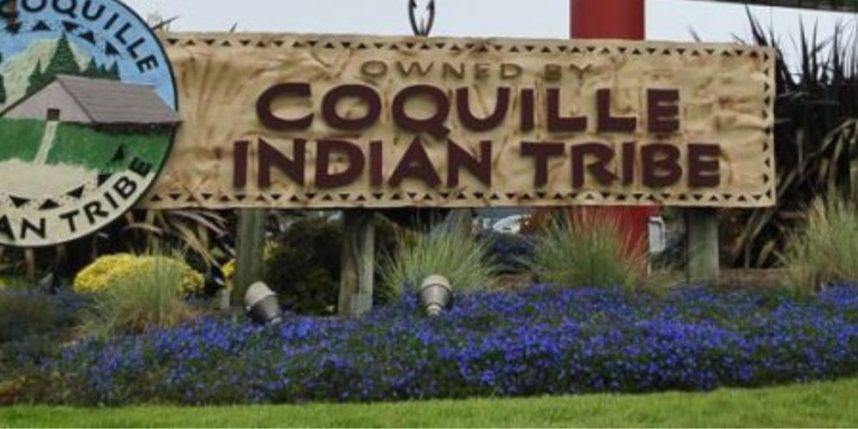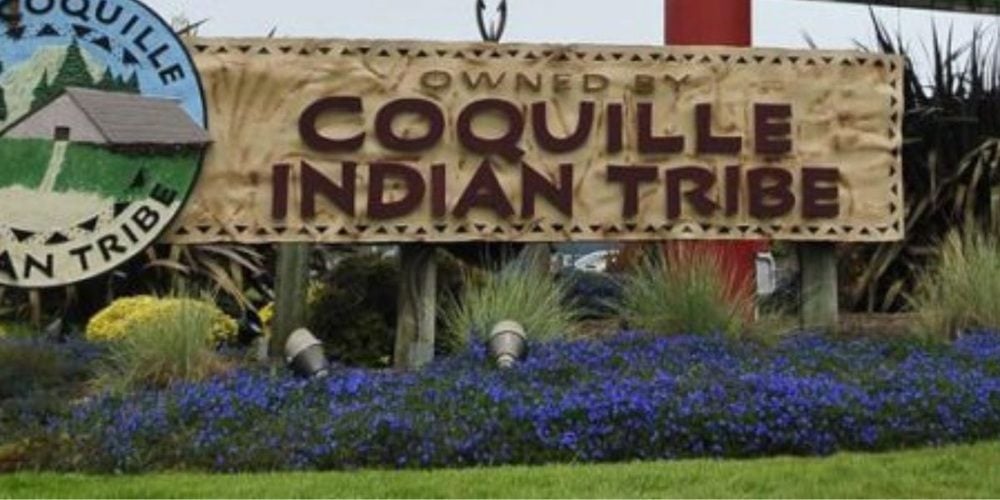Posted on: January 4, 2025, 10:01h.
Last updated on: January 4, 2025, 10:01h.
A coalition of tribal operators from Oregon and Northern California have failed to obtain a temporary restraining order against the US interior Department (DOI) that aimed to block the final approval of a contentious tribal casino.

Last month the DOI approved a Final Environmental Impact Statement (FEIS) for the Coquille Indian Tribe’s proposed casino for the city of Medford, Ore.
The move means the DOI is one step away from placing the land earmarked for the casino into federal trust so that it can be used for gaming, known as a final record of decision (ROD).
The Coquille Tribe claims ancestral ties to the Medford area, despite it being 168 miles and a three-hour drive away from its base in Coos Bay. Opposing tribes argue that the Coquille claim is false.
The project is also opposed by Oregon Gov. Tina Kotek and US Congresspeople from both Oregon and California.
‘Exceeded Authority’
The Cow Creek Band of Umpqua Tribe of Indians, Karuk Tribe, and Tolowa Dee-ni’ Nation sued the DOI December 23 in a federal court in Washington DC. The tribes argue in the lawsuit that the department exceeded its authority under the US Constitution when it issued the FEIS.
That’s because the approval relied on “invalid” federal regulations supplied by the Council on Environmental Quality (CEQ), which lacks statutory authority to issue rules for other agencies, per the lawsuit.
The lawsuit also claims Secretary of the Interior Deb Haaland, who is named as a defendant, failed to properly consult the opposing tribes on the local impact of the casino. They argue that a temporary injunction on a final decision would allow such a consultation to occur.
The tribes asked for an injunction that would stay the FEIS and enjoin the DOI from issuing a ROD until the legality of the FEIS could be determined by the courts.
No Cause of Action
But on Thursday, US District Court Judge Amit P. Mehta denied the motion. He determined that the FEIS is not a final agency action because it remains reviewable, and therefore not a matter for the courts because the plaintiffs lack a cause of action.
The tribes will have to await the DOI’s final decision and challenge that if it’s unfavorable. That decision could be issued as soon as Monday. Typically, the ROD affirms the FEIS, although not always.
In a statement last week, Judy Farm, chief executive officer of the Coquille Tribe’s economic development arm, Tribal One, claimed the lawsuit was “all about competition.”
“So, it’s another move by Cow Creek not to have to compete in the market. They’ve had over 12 years to comment, and they haven’t taken full advantage of the 12 years of time it’s taken us to permit this project,” Farm said.



